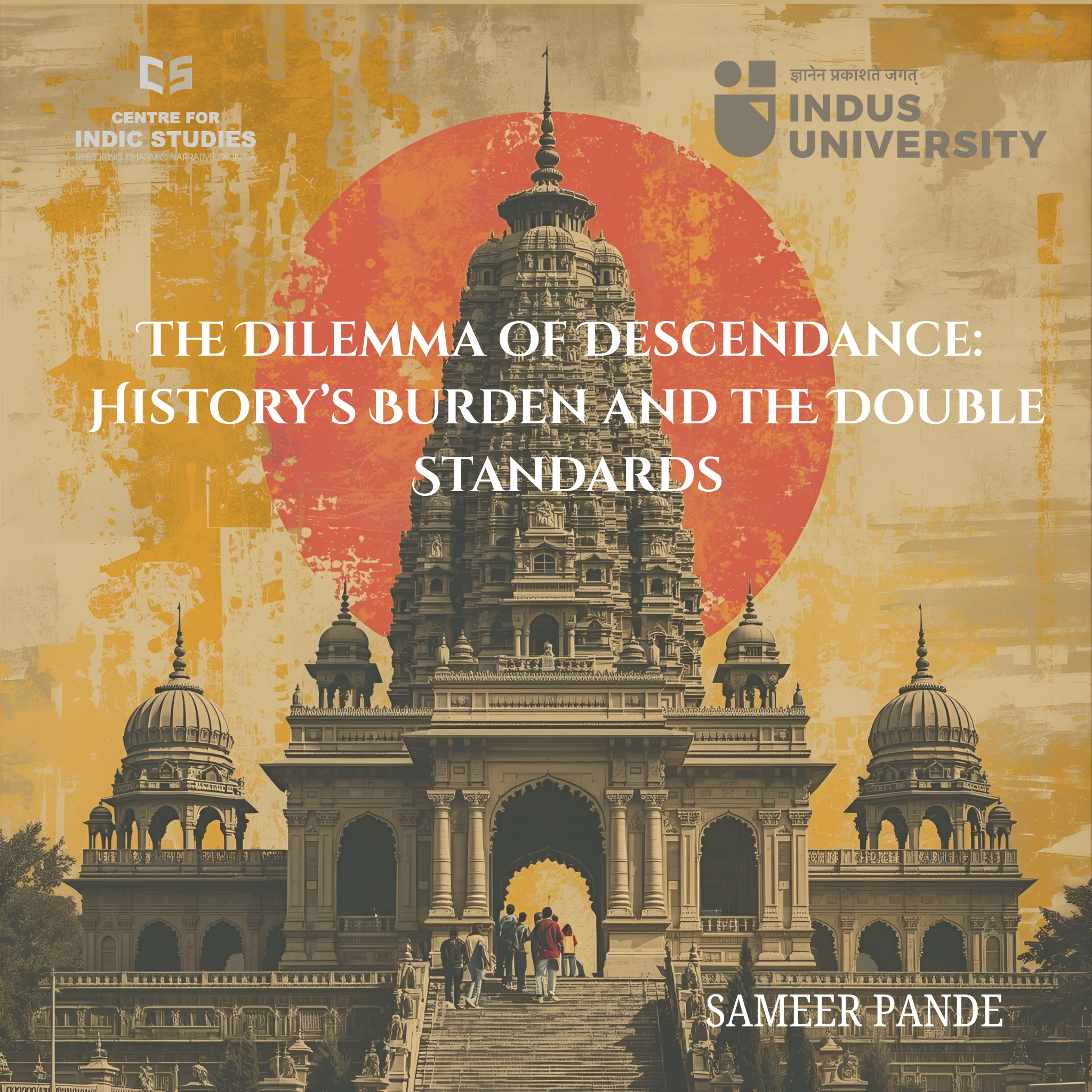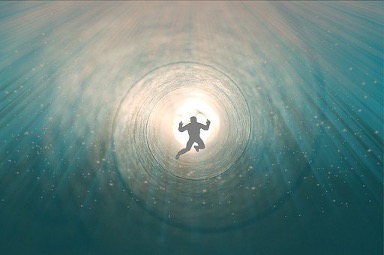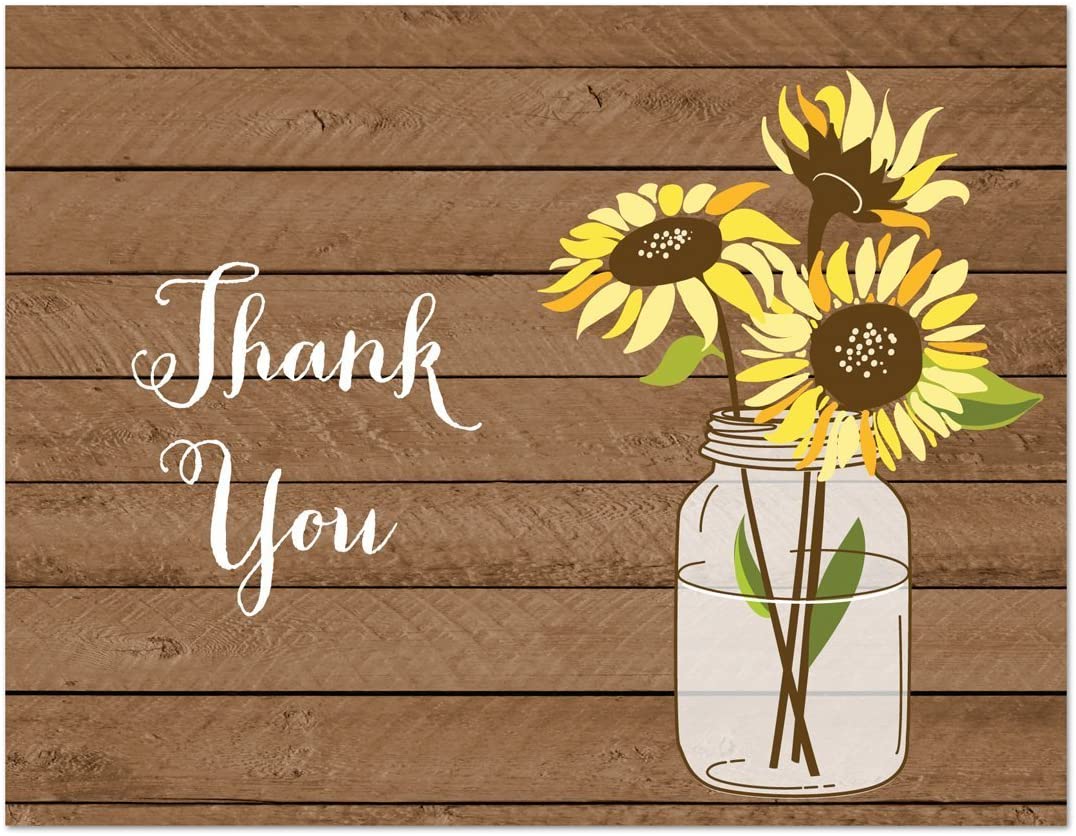- Visitor:72
- Published on: 2025-09-02 03:55 pm
The Dilemma of Descendance: History’s Burden and the Double Standards
Why should I remember history? What impact does it really have on me? And why must I carry the burden of what was done centuries ago, just because I happen to be the descendant of someone? The dilemma we face today is precisely this—the dilemma of descendance of history. Does the past, with all its weight, truly rest on our shoulders? Does the foregone past, which we call history, descend upon the present generations? Or are we deluding ourselves with fragments of memory, stitched selectively to suit our present arguments?

History, after all, is not a mere textbook timeline, frozen in dates, dynasties, and dust. It is evolutionary. It is physics and anthropology, ethics and ideological churns. It is the rhythm of inventions, the rise of civilizations, the decay of empires, the synthesis of thought, and the endless repetition of human errors. History is not what we leave behind, it is what lives on within us, whether we acknowledge it or not. And when this history descends upon us, it does not come in one neat package. It arrives in two forms: The visible and the invisible, the material and the mental, the body and the soul of civilization.
Hard Heritage: The Body of History
So, I must introduce two thoughts here. First, the Hard heritage and second, the soft heritage. Hard heritage is unavoidable. It is the weight we carry without choice, the imprint of history that is written not on parchment but on our bodies, our surnames, our social positions. It is the unasked inheritance that shapes us long before we think we are shaping ourselves. It begins with genes, the biological memory of ancestry. We are not blank slates; we carry the health, the illnesses, the resilience, even the temperaments passed down through bloodlines. Your body is a living museum of your ancestors’ survival, their environments, their diets, their struggles. Genes do not merely encode biology; they encode the story of adaptation itself.
Then there are clans and castes, structures that, whether one likes it or not, still decide social location. To be born into a Brahmin, Dalit, Rajput, or tribal family is not an individual choice but an inherited map that opens some doors and closes others. We can pretend to erase caste, but the surname announces it before we speak, the rituals preserve it before we reject it, and the networks reinforce it even when laws deny it.
Religions too descend as necessity. One may not follow rituals, one may call oneself atheist, yet the way of worship, the calendar of festivals, the dietary rules, the metaphors of language, all quietly mark religious inheritance. Belongingness comes not only from faith but from the way society places you in a particular stream of civilization.
Civilizations themselves form another layer of hard heritage. We inherit discoveries, urbanizations, sciences, and technologies not because we earned them, but because someone, somewhere, long ago, laid them down as collective capital. To switch on a bulb, to use the decimal system, to walk through a planned city, these are inheritances, not personal achievements.
Then there is property and status, perhaps the most visible form of hard heritage. Land, wealth, houses, family names, all create unequal starting points in the race of life. You may preach meritocracy, but the son of a landlord does not start life in the same lane as the child of a landless laborer. To inherit a surname of prestige is itself a passport to social credibility; to inherit a stigmatized one is to carry a mark you did not etch.
Capital that divides is another form: economic inheritance is never neutral. The accumulation of centuries gives some families safety nets and others shackles of debt. History is not only in monuments, it is in balance sheets, in titles, in the flow of money. Even the seemingly simple gifts and citizenship are heritage. A passport is not a product of your making, it is a lottery of birth. An Indian, an American, a refugee, the rights and restrictions you live under are not yours by merit, but by the accident of geography and ancestry. Citizenship itself is history codified in legal form.
Hard heritage, then, is not negotiable. It is not subject to free will. You can rebel against it, deny it, attempt to run away from it, but it clings. It structures the field of your choices before you even begin to choose.
To pretend we are self-made is a comforting illusion; to realize we are carriers of inherited capital, inherited stigma, inherited bodies, and inherited statuses is uncomfortable truth.
Hard heritage is the body of history, and it breathes through us whether we acknowledge it or not!
Soft Heritage: The Soul of History
If hard heritage is the body of history, then soft heritage is its soul, subtle, invisible, yet powerful enough to outlive dynasties and empires. Unlike the tangible inheritance of land, genes, or wealth, this one seeps silently into consciousness. You do not hold it in your hands; it holds you in its grasp.
It begins with belongingness as a way of life. Not the forced belongingness of clan or caste, but the chosen and absorbed rhythm of how one lives, greets, eats, celebrates, and mourns. It is in the invisible codes that dictate whether you remove shoes before entering a home, whether you fold hands in prayer, whether you call the river “Mother.” These are not in your DNA; they are in your upbringing. Yet they bind as firmly as genes.
Then comes epistemology, the way of knowing. This is not just what you know, but how you know. Do you inherit the Greek obsession with logic, or the Indic search for darshana? Do you believe truth is discovered, or revealed, or experienced? Western positivism, Vedantic inquiry, Buddhist mindfulness, all are epistemic inheritances. They shape the very architecture of thought long before you choose what to think about.
Nationalism too lives in this space. Not the nationalism of flags and armies, but the deeper feeling that exceeds mere citizenship. Why do millions cry hearing a national anthem, or defend soil they have never tilled? Because nationalism is not a legal contract, it is a civilizational inheritance. It whispers, “You belong to something larger than yourself.”
Ethics, laws, constitutions, our modern smritis. They claim universality but are products of specific inheritances. The Indian Constitution, for example, is not just borrowed from the West; it carries the ethos of samvidhan, the collective agreement, fused with ancient memories of dharma. Laws are not neutral, they are soaked in the value systems of the cultures that crafted them.
Then there are the sanskaaras, the silent value systems. Not written in codes, not passed down as property, but etched in gestures, habits, the “shoulds” and “should-nots” taught without textbooks. Respect elders. Don’t waste food. Marry within community. Be generous to guests. These sanskaaras are chains for some, anchors for others, but either way, they are inherited.
The deepest layer is knowledge traditions: shruti and smriti, scriptures and commentaries, literature and poetry, architecture and sculpture, folk songs and proverbs. These are civilizational memory banks. A single lullaby sung by a grandmother carries millennia of cultural transmission. A temple pillar carries more philosophy than a hundred lectures. A proverb often carries more political wisdom than a manifesto.
Soft heritage, then, is not just the inheritance of ideas, it is the inheritance of meaning itself. It determines not only what we believe but how we even frame belief. And it is precisely here that dilemmas erupt.
For unlike hard heritage, which we grudgingly accept, soft heritage is where the rebellion begins. We enjoy the inheritance of comforts but question the inheritance of ideals. We proudly carry literature but selectively discard values. We celebrate architecture but ignore the philosophy that built it. We claim the inheritance of civilization while rejecting its wisdom.
This is the true dilemma of descendance: Can one inherit the body of history while amputating its soul?
Dilemmas of Descendance
- The Individual vs. SocietyIf the individual is sculpted by society’s ever-changing complexities, then the so-called free will is never truly free. It is biased, conditioned, pre-scripted. So, is free will only an illusion? If you rely on the western thinkers - Locke, Hobbes, Kant, Utilitarians, they themselves can answer this as they wrestled with it. But Indic thought must stretch further, from humanist abstractions to Vedantic and existential clarity.Undemocratic Past vs. Democratic Choice
- Westerners think every decision of the past was made undemocratically on our behalf. We were not there when the contract was signed. We, the latecomers, inherited it without consent. Can we walk out of the social contract then? Existentialists whisper rebellion. Vedantins invoke rebirth. Buddhists and Jainas say, “It is suffering, end it.” Who shall we summon for the discussion?Enjoying Hard Heritage, Evading Soft Heritage
- We bask in civilizational benefits, science, infrastructure, urban comfort. In India, we enjoy family structure - its utilitarian need and all other structures. Yet many discard the accompanying wisdom, ideals, sanskaaras. Is this not hypocrisy? You want the fruits but reject the roots. Ah! pseudo-liberals, hypocrites, university bohemians, you are caught in the scissors.
History in Action: Some Illustrations, Some Food for Thought
History is not an archive sealed in libraries: it is alive, erupting in our everyday political debates, legal struggles, and social claims. It shapes questions of identity, legitimacy, rights, and guilt. Let us take a few living illustrations where history insists on interfering with the present.
- The Muslim League and the Democratic Muslims:The Muslim League once declared itself the sole voice of Muslims. The demand for Pakistan was raised on behalf of the entire community. But history chose another path, millions of Muslims stayed back in India, rejecting the call of caliphate and choosing the path of constitution, democracy, and secular belonging. Their descendants must inherit not only Islam but also the Indian Constitution as their heritage. Then arises the sharp question: Is Sharia a valid claim here anymore, or does the democratic inheritance supersede it?
- Congress and Its BurdensIs today’s Congress responsible for yesterday’s blunders? Are the mistakes of Nehru automatically Rahul Gandhi’s burden by bloodline? Or is the current INC merely a faded, hollowed shell of the original National Congress that once shouldered the freedom movement? What is being inherited here, legitimacy, failure, or only a fading brand-name?
- Owaisi and HyderabadOwaisi stands in Hyderabad, a city that once symbolized Islamic power and feudal grandeur. Yet he speaks the language of democracy and constitutional rights. Should we take this as a continuity of Islamic heritage, as a rupture toward democracy, or as camouflage, Islamic ethos hidden beneath democratic vocabulary?
- Brahmins and ReservationThe Brahmin question refuses to die. Some Brahmins once wielded privilege in history (which still is not proven as a community) does that mean all Brahmins today must bear collective punishment? What about those who never had wealth or power but still carry the stigma of inherited privilege? Here, equality itself becomes complicated, partial, contested, and uneven across time. Justice inherited or injustice perpetuated?
- Colonial DebtsIf we must keep paying the debts of history, then why stop at internal disputes? Should we not call upon the British crown to repay centuries of looted wealth? Or does history work selectively, where we inherit wounds but the colonizers inherit no responsibility, only their intact treasury? Whose burden is real, whose inheritance negotiable?
- Adi (Van) vasis and ConversionAn Adivasi converts to Christianity. Does this shift from an “unstructured” indigenous heritage to a “structured” global religion alter the legitimacy of his claims? If benefits are attached to the old identity, can one continue to claim them while professing a new heritage? Inheritance of culture and inheritance of rights, can both be chosen at will, or must one follow the other?
The point that emerges from all these illustrations is simple yet profound, history does not descend upon us as a neat ledger of credits and debits. It descends as a cloud of inheritances, some chosen, some unchosen, some visible, others invisible. Hard heritage ties us to our names, clans, wealth, debts, privileges, and wounds. Soft heritage seeps into us through ideas, institutions, memories, and practices. Together they shape not only who we are but also how we argue about who we ought to be. And here lies the real dilemma, Can we ever really disown history? If a Muslim chooses Constitution over Caliphate, does he cease to be a Muslim in heritage or has he added a new layer to his inheritance and does that goes hand-in-hand? If a Congress leader today inherits Nehru’s surname, does he automatically inherit Nehru’s blunders or should only take his brand, if any? If a Brahmin farmer in Vidarbha dies of poverty, is he still to be held as inheritor of a privilege centuries old? If tribals convert, do they abandon their “tribal” heritage or carry it alongside their new faith as a hybrid memory?
The truth is: Inheritance is never a singular straight line. It is fractured, layered, and constantly negotiated. History acts upon us not only through what happened but also through how we choose to remember, to forget, to reinterpret, or to weaponize it. Every community, every generation, every individual is caught in this negotiation, of what to own, what to discard, and what to reframe as identity. The burden of history, then, is not inescapable because it is imposed from outside, but because it is inscribed within us, in our very debates, our very dilemmas. The real question is not “Do we inherit history?” but “What kind of descendants do we choose to be of that history?”
- 36 min read
- 4
- 0










